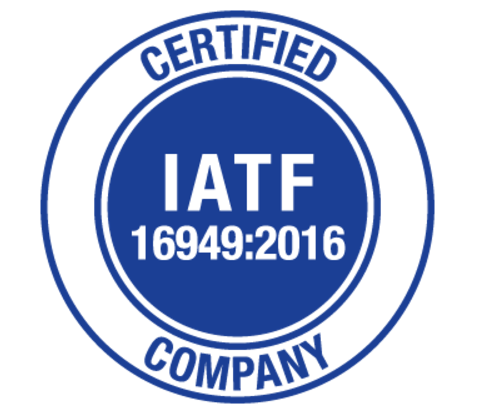Quality assurance
The 1-10-100 rule explains what it costs if we let small problems grow into big challenges April 7, 2025The 1-10-100 rule is a principle used in quality management that illustrates the escalating costs of fixing defects at different stages of a process. The rule emphasizes that the earlier a problem is detected, the less costly it is to fix. Here’s what each number represents: In the context of the 1-10-100 rule, the numbers … The 1-10-100 rule explains what it costs if we let small problems grow into big challenges
Have we really learned the Lessons Learned? March 26, 2025„Lessons learned” refers to the knowledge or insights gained from past experiences, especially from challenges, mistakes, or successes. In various contexts—whether in personal growth, business, projects, or education—it involves reflecting on what worked, what didn’t, and how things can be done better in the future. These insights help individuals and teams improve their processes, … Have we really learned the Lessons Learned?
Key steps and benefits of Layered Process Audit February 26, 2025The Layered Process Audit (LPA) is a structured and systematic approach used in manufacturing and production environments to ensure that processes are followed consistently and that quality standards are maintained. The audits are typically “layered” in the sense that different people (e.g., operators, supervisors, managers) perform audits at different levels within the organization, ensuring a … Key steps and benefits of Layered Process Audit
Advanced Error-Proofing and Error-Proofing solutions February 18, 2025The General Concept of Error-Proofing Error proofing refers to the overall practice or methodology used to prevent mistakes or defects from occurring in any system, process, or product. It can include designing systems, procedures, tools, or technologies that reduce the possibility of human error. Error proofing can be applied to various industries, processes, and even … Advanced Error-Proofing and Error-Proofing solutions
The Poka-Yoke and its applications February 11, 2025Poka-Yoke is a Japanese term that means “mistake-proofing” or “error prevention”. It refers to a set of techniques or devices used to prevent human errors in manufacturing or other processes. The main goal of Poka-Yoke is to make it impossible for mistakes to happen, or at least significantly reduce the chances of them happening. … The Poka-Yoke and its applications
Cycles in Continuous Improvement and Problem Solving February 4, 2025Beyond the well-known PDCA and DMAIC methods, in this post, I would like to introduce some less known cycles that can be highly useful when thinking about process improvement, product development, problem solving or even personal growth. I gave this post the title “cycles” because each method can be outlined as a cycle, and its … Cycles in Continuous Improvement and Problem Solving
The Advent of Electric Vehicles and the future of automobile industry January 27, 2025Significant development in automotive industry – part2 The Advent of Electric Vehicles and the future of automobile industry The rise of electric vehicles started in the 2000s with the introduction of Tesla Roadster and Tesla Model S, which not only set new standards in the automotive industry but also transformed the transportation experience. This innovation … The Advent of Electric Vehicles and the future of automobile industry
Integrated Management System (IMS) January 20, 2025A unified strategy for managing an organization’s various management systems is known as Integrated Management System (IMS). It means integrating various standards and processes of quality, environmental, information security,etc… into a single, cohesive system. Of course this list can be expanded depending on the industry in which the company operates. IMS is designed to streamline … Integrated Management System (IMS)
Significant Developments in the Automotive Industry January 8, 2025From the beginning to the 1990s – part 1 The automotive industry has evolved over a century, from the earliest horseless carriages to today’s sophisticated, high-tech vehicles. Below is a detailed description of the key milestones in the history of car manufacturing with interesting stories of the people behind them. The Invention of the Automobile … Significant Developments in the Automotive Industry
The automotive supply chain December 22, 2024What is the automotive industry and who are its participants? In general, an average car has roughly 30,000 indivisible parts. The vast majority of these simple parts are assembled into a larger, complex sub-unit and then different sub-units are put together to form an even larger and more complex unit to create one of the … The automotive supply chain





